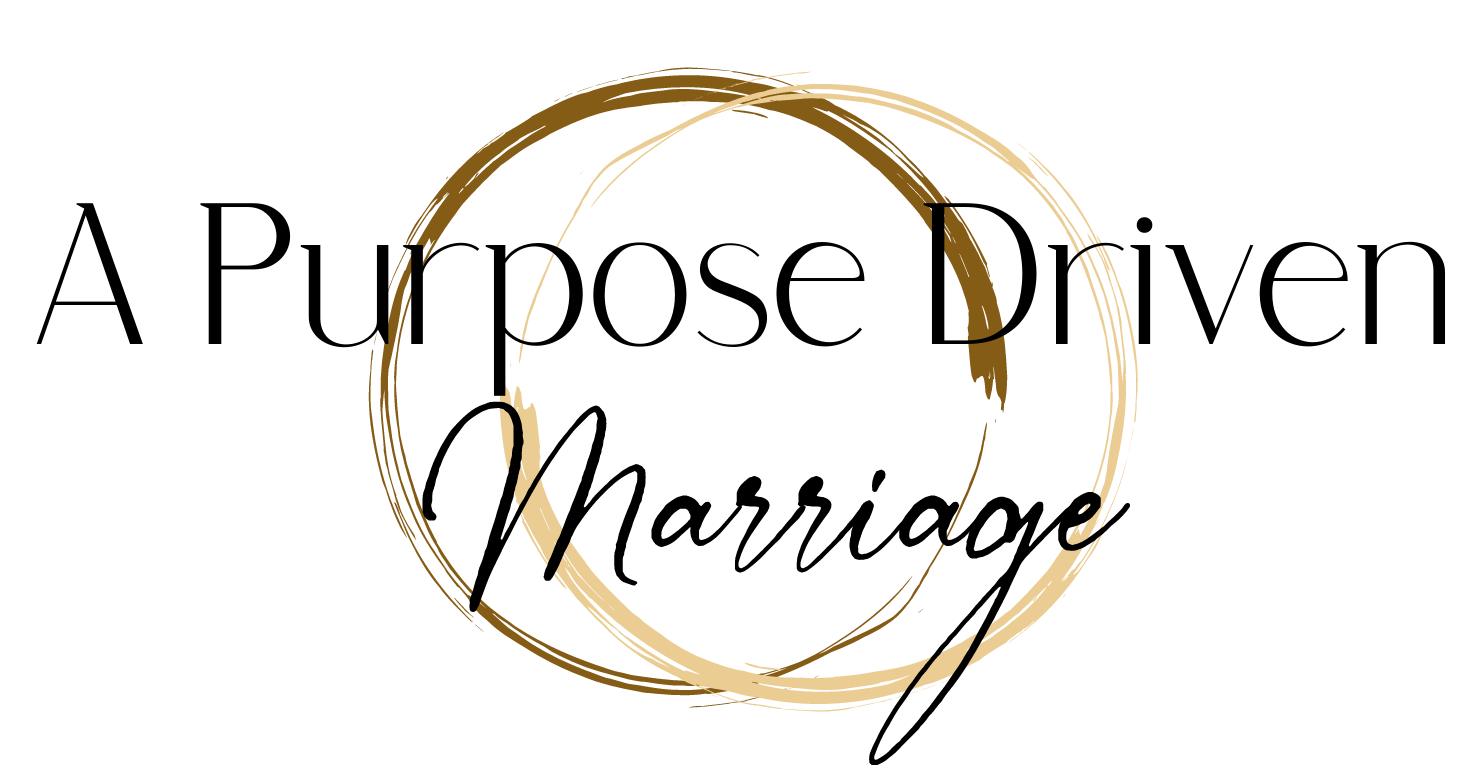The Most Underrated Skill in Marriage: Listening to Understand
What if the secret to a thriving marriage isn’t about saying the perfect words, but about listening in the right way? In our most recent episode of A Purpose Driven Marriage Podcast, we explored an often-overlooked yet transformative skill: listening to understand. This isn’t just a tip for better communication—it’s a cornerstone of building trust, intimacy, and connection.
Why Listening to Understand is Crucial in Marriage
Listening to understand goes beyond simply hearing words. It’s about fully engaging with your spouse’s emotions, thoughts, and perspectives without jumping to conclusions or planning your response. Research shows the power of this practice:
- Couples who practice active listening report a 30% increase in relationship satisfaction, according to the Journal of Marriage and Family Therapy.
- The American Psychological Association found that couples who use communication-enhancing techniques, such as listening to understand, are 47% less likely to divorce.
By prioritizing this skill, you’re not only addressing current issues but also investing in the long-term health of your marriage.
The Difference Between Hearing and Listening
Here’s a question: Are you truly listening to your spouse, or are you just hearing them? Hearing is passive—it’s what happens when sound enters your ears. Listening to understand, however, is active. It involves:
- Focusing fully on your spouse’s words and body language.
- Avoiding the urge to prepare a response while they’re speaking.
- Seeking to understand their emotions and perspective.
When you shift your goal from responding to understanding, you create a space where your spouse feels valued and heard.
Common Barriers to Effective Listening
Despite its importance, listening to understand can be challenging. Here are some common obstacles and how to overcome them:
- Distractions: In our busy lives, it’s easy to let phones, work, or stress interfere. Designate a distraction-free space in your home for meaningful conversations.
- Defensiveness: Feeling attacked can make it hard to truly listen. Use “I feel” statements to express your concerns without triggering defensiveness in your spouse.
- Emotional Overload: When emotions run high, it’s tough to stay focused. If needed, call a “time-out” to process your feelings and return to the conversation with a calmer mindset.
Practical Tips to Become a Better Listener
Improving your listening skills doesn’t happen overnight, but small changes can make a big difference. Here are some actionable steps:
- Practice the Witnessing Technique: After your spouse shares, summarize what you heard in your own words to ensure you understood correctly. For example, “If I’m hearing you right, you feel [emotion] because of [situation]. Did I get that right?”
- Ask Clarifying Questions: Show genuine curiosity about your spouse’s thoughts and feelings. Questions like, “Can you tell me more about how that made you feel?” foster deeper understanding.
- Validate Their Emotions: Even if you don’t fully agree, acknowledge your spouse’s feelings. Simple phrases like “That makes sense” or “I can see why you feel that way” go a long way.
- Eliminate Distractions: Put down your phone, turn off the TV, and give your spouse your undivided attention. Eye contact and open body language show you’re fully present.
How Listening to Understand Strengthens Your Marriage
Listening to understand doesn’t just resolve conflicts—it builds emotional intimacy, reduces stress, and models healthy communication for your children. Studies in the Journal of Behavioral Medicine found that couples who feel heard have lower cortisol levels, meaning they experience less stress during conflicts.
Additionally, when children see their parents practicing active listening, they’re more likely to develop strong communication skills in their own relationships. Your example shapes not just your marriage but future generations.
Take the Challenge: Transform Your Communication This Week
We’re challenging you to take your listening skills to the next level. This week, try these steps:
- When your spouse speaks, resist the urge to interrupt or plan your response.
- Use the witnessing technique to summarize what you heard.
- Validate their emotions and ask thoughtful follow-up questions.
Notice the changes in your spouse’s body language and overall connection. Do they feel more valued and understood? Share your experience with us on social media or send us a message—we’d love to hear how it goes!
Listen to the Full Episode
Want to dive deeper into this topic? Listen to our latest podcast episode, Listening to Understand: The Most Underrated Skill in Marriage, where we share personal stories, practical tips, and expert insights to help you strengthen your relationship. Click here to listen now!
By making listening to understand a daily practice, you’re not just improving communication—you’re creating a purpose-driven marriage filled with trust, connection, and joy.
Listen and Subscribe:
Don’t miss an episode! Subscribe to the podcast on Spotify, Apple Podcasts, or your favorite platform. And if you loved this episode, leave us a review—it helps more couples find our show!
Connect With Us:
🌐 Visit our website
📸 Follow us on Instagram
Rate & Review:
If you enjoyed this episode, please consider leaving us a review on Apple Podcast or wherever you listen to your podcasts! It helps us reach more couples and share the message of Christ-centered marriage.

